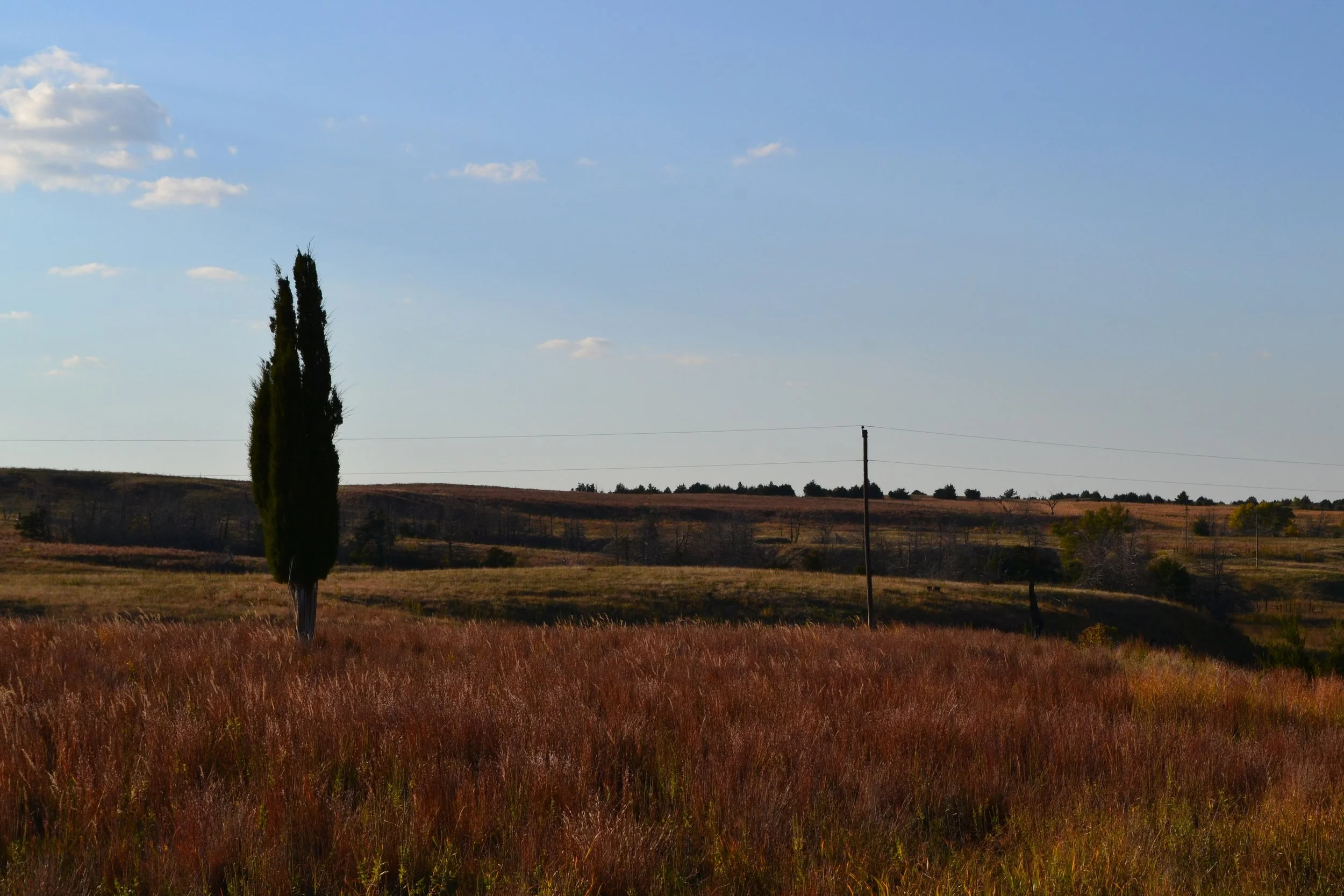On the Brink
Life in Key West, FL, suited Glen F. Smiley ’58 just fine. When the lieutenant junior grade wasn’t hunkered away in the windowless crypto shack at the Naval Station, decoding classified messages for the rear admiral, scanning manuals and swapping rotors, he was eating turtle sandwiches in dirt-floored cafes and manning bar stools on the beach.
He was courting an heiress who lived in an eclectic old mansion-turned-apartment building overlooking Duval Street, what the state of Florida would later call “perhaps the best example of conch architecture at its most beautiful ...” He played softball against the stars of PT109, and then filming on the island, watched actor Ty Hardin “hit that ball a country mile,” he said.
He absorbed the island one red snapper, one rum and water at a time. A green-color deficiency had spoiled his dream of becoming a Navy pilot after graduating from the Naval Academy, but his new life as a crypto security officer in the Caribbean—green waters, blue skies, white sands—was proving a more-than-decent alternative.
By the summer of 1962, however, “the message traffic started coming in more frequently,” he said, “and then it went to hot and heavy and then to ridiculous.”
Soon enough Smiley was weathering 20-hour days in the crypto shack, sometimes more, enduring an endless barrage of top-secret messages bound for the admiral, punching in five-letter codes, tearing out the decrypted results, struggling to stay upright behind his typewriter-sized KL7 cipher machine.
He kissed the turtle sandwiches goodbye, settled for the vending machine instead.
The office of the Chief of Naval Operations, the office of the Joint Chiefs of Staff, the CIA, the Pentagon, Gitmo—the message traffic was heady and relentless. By October, he no longer read the messages he was decoding, let alone the news.
The Cuban Missile Crisis was simmering, of course,
but mired in a swamp of spent messages and paper tape, his focus confined to the 29 green keys of the KL-7, Smiley hardly understood the larger context.
“I was too busy to be nervous,” he said. “I knew it was a crisis, but I didn’t realize we were on the brink of nuclear war.”
(Limited preview only)





